**Note: This page is not affiliated with Brake, the road safety charity and creators of Road Safety Week. For official information about the campaign and how to get involved, please visit Brake’s dedicated Road Safety Week site: www.brake.org.uk/road-safety-week
Monday 16th - Sunday 22nd November 2026
Understanding Road Safety Week in EYFS & KS1
Road Safety Week is an annual campaign coordinated by Brake, the national road safety charity. It's a fantastic opportunity to bring the vital message of road safety into your early years setting, nursery, preschool, childminder setting or Year 1 and Year 2 classroom. Each year, the week focuses on a specific theme, encouraging everyone to think about how to make our roads safer and protect vulnerable road users, especially children.
For EYFS practitioners, Road Safety Week provides a structured time to introduce and reinforce crucial concepts in a fun and accessible way. It's about empowering young children with the knowledge and skills they need to stay safe on or near roads, whether they're walking, cycling, or travelling in a car. From understanding basic traffic signals to holding hands with an adult, these foundational lessons are essential for their well-being and independence as they grow. This week offers great planning ideas and inspiration for engaging activities that really resonate with young minds.
Why Is Teaching Road Safety Important for Young Children?
Teaching road safety to young children (aged 0-7) is incredibly important for a multitude of reasons. During their early years, children are naturally curious, active, and still developing their perception, judgement, and impulse control. Their small stature also makes them less visible to drivers, and their understanding of danger is still rudimentary.
Life Skills: Road safety education provides essential life skills that protect children from harm. Understanding simple rules like "Stop, Look, Listen, Think" can be literally life-saving.
Awareness and Understanding: It helps them develop an early awareness of their surroundings and the potential hazards that exist outside the safety of your setting.
Confidence and Independence: By learning about road safety, children can gain confidence in navigating their environment safely as they become more independent.
Community Responsibility: It also introduces the concept of community responsibility – how everyone plays a part in keeping roads safe. This is a key aspect of PSED (Personal, Social and Emotional Development) within the EYFS framework.
Reduced Risk: Most importantly, early and consistent teaching ideas around road safety significantly reduce the risk of accidents and injuries involving children.
Engaging Road Safety Activities for 0-7 Year Olds
Making road safety exciting and memorable is key for this age group! We've gathered some fantastic planning ideas and activities that are perfect for EYFS and KS1 children. Remember, repetition in fun ways helps these crucial messages stick.
Here are some inspiration points for your setting, providing valuable learning opportunities during Road Safety Week and beyond. These early years and year 1 activities are designed to be fun and impactful, and many can be supported by the printable resources we have available. (Please use your own discretion and knowledge of your children to ensure appropriateness of each activity and safety concerning any materials given and activity undertaken.)
Create a Mini Road System: Transform a corner of your outdoor area or even a large indoor space into a mini-road network using chalk, masking tape, or construction cones. Add pedestrian crossings, roundabouts, and parking bays. Children can use ride-on toys, push-along vehicles, or simply pretend to be pedestrians. This is a fantastic way to practice crossing safely and understanding road rules in a controlled environment. Extend the learning by using our 'Road Signs - Display & Role-Play' to mark out different areas and discuss their meaning.
Traffic Light Actions: Introduce the concept of traffic lights through movement and sound. Assign actions to each colour: Red = Stop (freeze!), Amber = Get Ready (wiggle), Green = Go (march or run on the spot). You can use simple coloured cards or even our 'Pelican Crossing Button and Lights (A4) - Display & Role-Play' to signal the colours.
Storytelling with a Road Safety Twist: Read stories that feature characters navigating roads or discuss journeys. Afterwards, create your own road safety narratives. Encourage children to share their own experiences of walking or travelling and identify safe and unsafe behaviours. Our 'Road Safety Word Cards' and 'Road Safety Word Mat' can help expand their vocabulary and discuss key terms.
"Stop, Look, Listen" Practice: This vital mantra is core to pedestrian safety. Practice it every time you approach an imaginary (or real, if safe) crossing. Use our 'Stop Look Listen' A4 Posters' or the 'Stop Look Listen' A4 Posters - Colouring' pages to reinforce the message visually around your setting.
Safe Travel Role-Play: Set up a role-play area as a bus stop, train station, or car. Provide old tickets, steering wheels, and seating. Discuss seatbelts, staying seated, and waiting patiently. Emphasise the importance of holding an adult's hand when out and about, a concept perfectly illustrated by our 'Hold Hands!' Poster' and its colouring version.
Designing Road Signs: After exploring real road signs, provide materials for children to design their own. Discuss what message each sign needs to convey and how colours and shapes are used. Our 'Design a Sign Activity' and 'Road Signs - Display & Role-Play' provide excellent starting points for this creative task.
Bike & Scooter Safety Check: Bring in bikes or scooters and discuss the importance of helmets and protective pads. Use our 'Teddy Bike Safety A4 Poster - Helmet & Pads' and its colouring version to show how even toys need to be safe! This helps children understand the equipment needed for safe cycling and scootering.
Road Safety Games: Integrate learning into games. Our 'Road Sign Memory Game', 'Road Sign Description Match', and 'Road Sign Snap Game' are perfect for reinforcing knowledge about road signs in a fun, interactive way.
Creative Construction & Art: Provide materials like cardboard boxes, paper, and craft supplies for children to build their own vehicles or create road scenes. Our 'Road Safety Border Sheets - Horizontal' and 'Road Safety Border Sheets - Vertical' offer structured creative outlets. The 'Road Safety Multimats - Playdough, Loose Parts, Art & Craft' provide versatile backdrops for open-ended exploration of road safety themes. Children will also enjoy the general 'Road Safety Colouring' pages and creating their own pathways on the 'Blank Roads' templates.
Celebrating Safe Journeys: At the end of the week, or after a specific learning focus, celebrate their new knowledge! Our 'Road Safety - Crossing the Road Safely Certificate' is a wonderful way to acknowledge their efforts and enthusiasm in learning about staying safe.
These ideas offer great inspiration for making Road Safety Week a memorable and impactful experience in your early years and Key Stage One setting.
To explore ideas surrounding additional early years events, please visit our 'Special Dates Calendar' page.
Printable resources to support teaching & learning surrounding: ‘Road Safety Week’
For additional resources please visit our ‘Road Safety’ topic page.
Additional Pages you may like to explore which cover relevant &/or Connected themes
More Early Years Event Pages for November
Sweet treats and healthy eats! 🍬🥕 Sugar Awareness Week is an annual campaign in the UK, organised by Action on Sugar, typically held in November. Its primary goal is to raise awareness of…
Let's sprinkle kindness everywhere! 💖 World Kindness Day is an international observance on November 13th, introduced in 1998 by the World Kindness Movement. Its core purpose is to…
Let's make a stand together! ❤️ Anti-bullying Week is an annual event in the UK, organised by the Anti-Bullying Alliance (ABA), typically taking place in November. It aims to raise awareness of…
Twinkle, twinkle, little star! ✨ World Nursery Rhyme Week is an annual initiative, typically held in mid-November, created by Music Bugs in 2013. In 2025, the event is being held from the 10th…
Let's explore and discover! 🧪🔬 World Science Day for Peace and Development is an annual event celebrated worldwide on November 10th. Established by UNESCO (United Nations…
She sells seashells by the seashore! 🗣️ International Tongue Twister Day is an informal observance, typically celebrated on the second Sunday in November (In 2025 on November 9th)…
Let's learn outside! 🌳☀️ Outdoor Classroom Day is a global campaign to inspire and celebrate outdoor play and learning, with two designated days each year: one in May and one in November…
Road Safety Week is an annual campaign coordinated by Brake, the national road safety charity. It's a fantastic opportunity to bring the vital message of road safety into your early years setting…
Explore special dates (including awareness dates, festivals, celebrations & events) relevant to your EYFS & KS1 children
Browse our ‘Special Dates Calendar’ page using the link below. You’ll find calendars for every month of the year to aid your planning!
CLICK HERE to visit our ‘SPECIAL DATES CALENDAR PAGE’ for an entire year of key EYFS & KS1 events, festivals & celebrations.
SEARCH ‘LITTLE OWLS Resources’ USING THE FOLLOWING MENU BUTTONS…
Disclaimer:
This page is for educational purposes only and is intended to support early years and primary practitioners with ideas and resources related to Road Safety Week. We are not affiliated with or endorsed by Brake or the official Road Safety Week campaign, and we do not claim any rights to their trademarks or official materials. For official information, please visit https://www.brake.org.uk/road-safety-week.













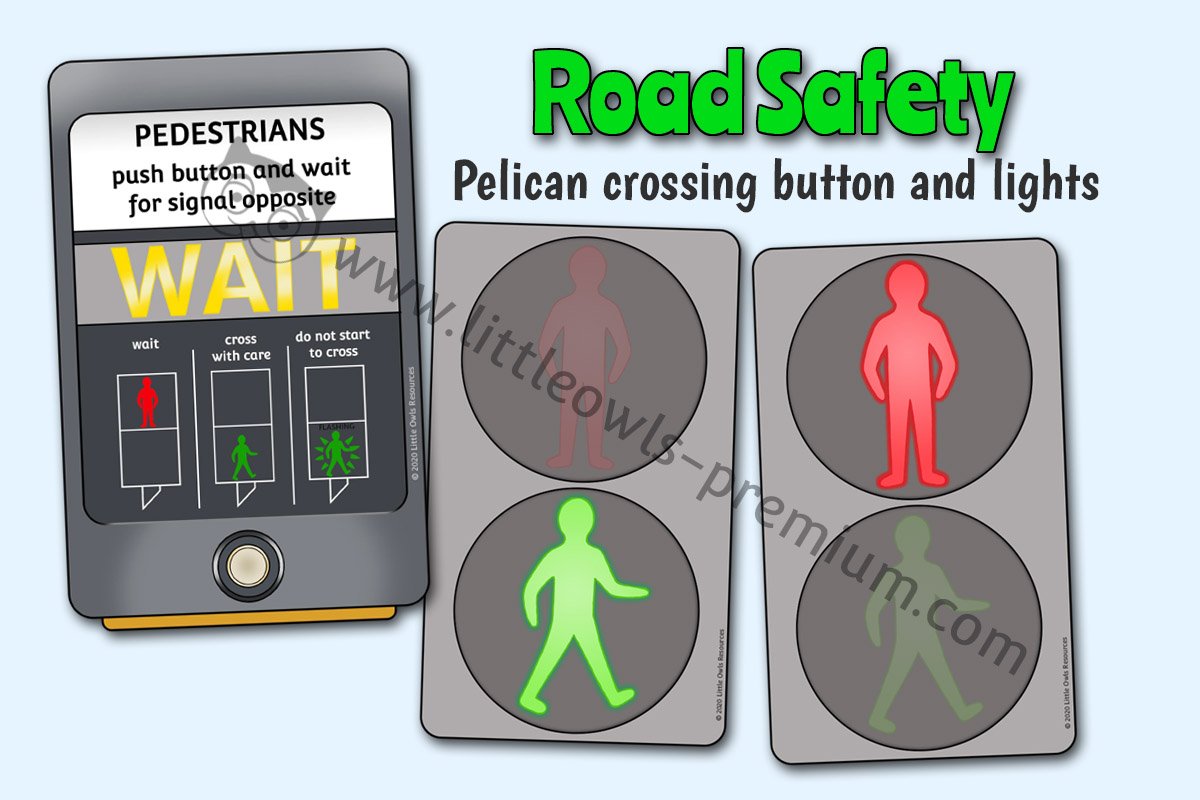























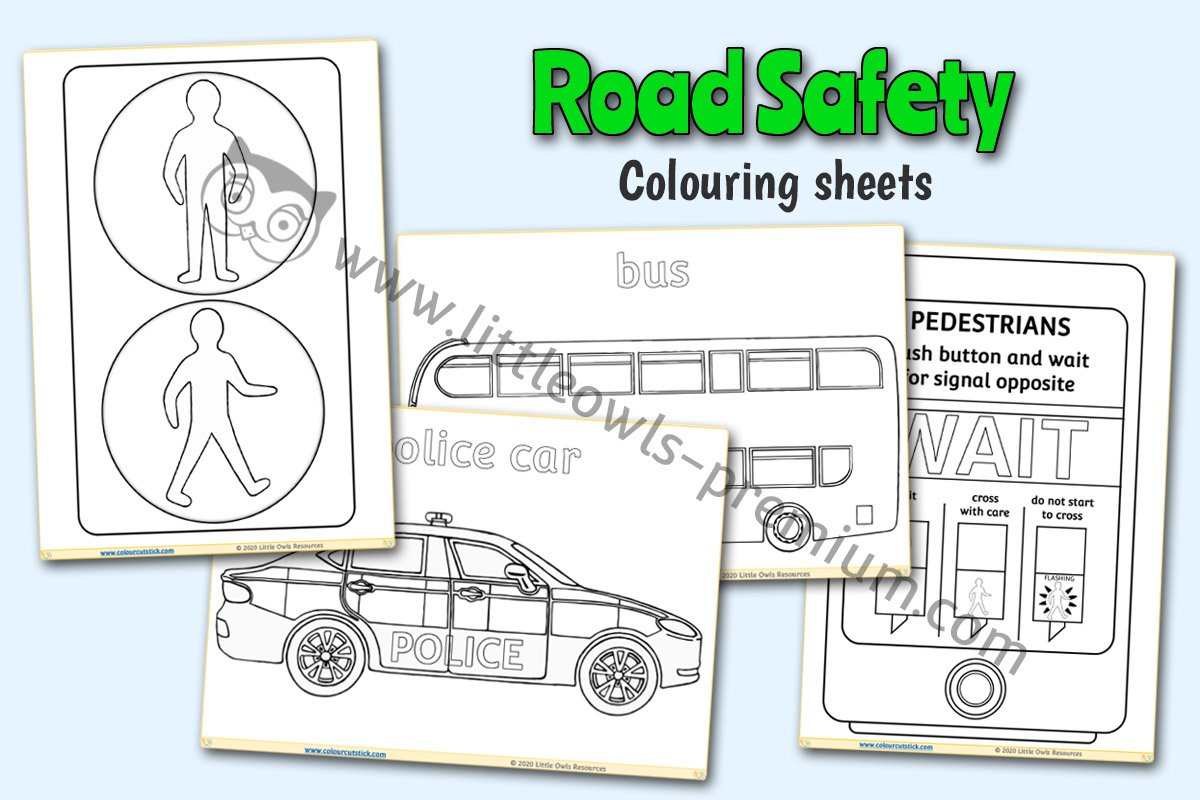







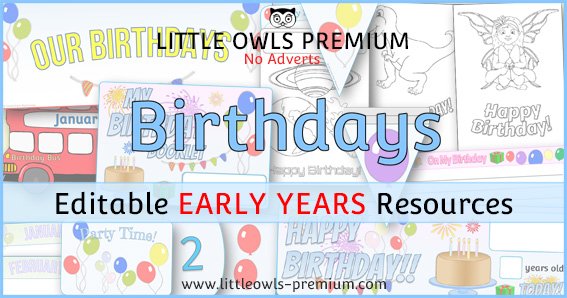
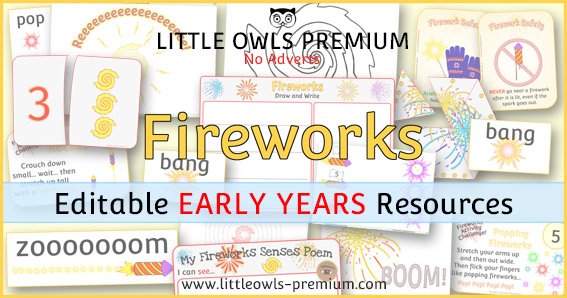
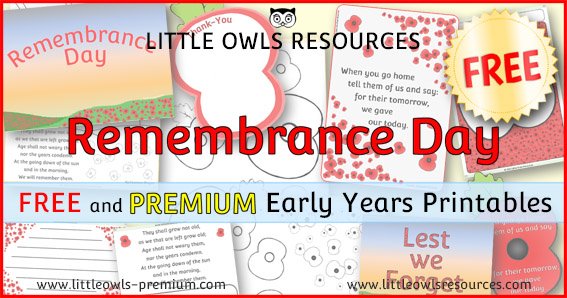

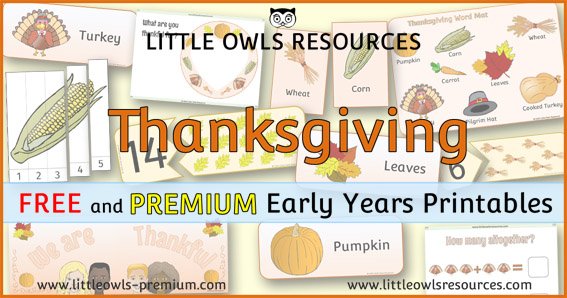








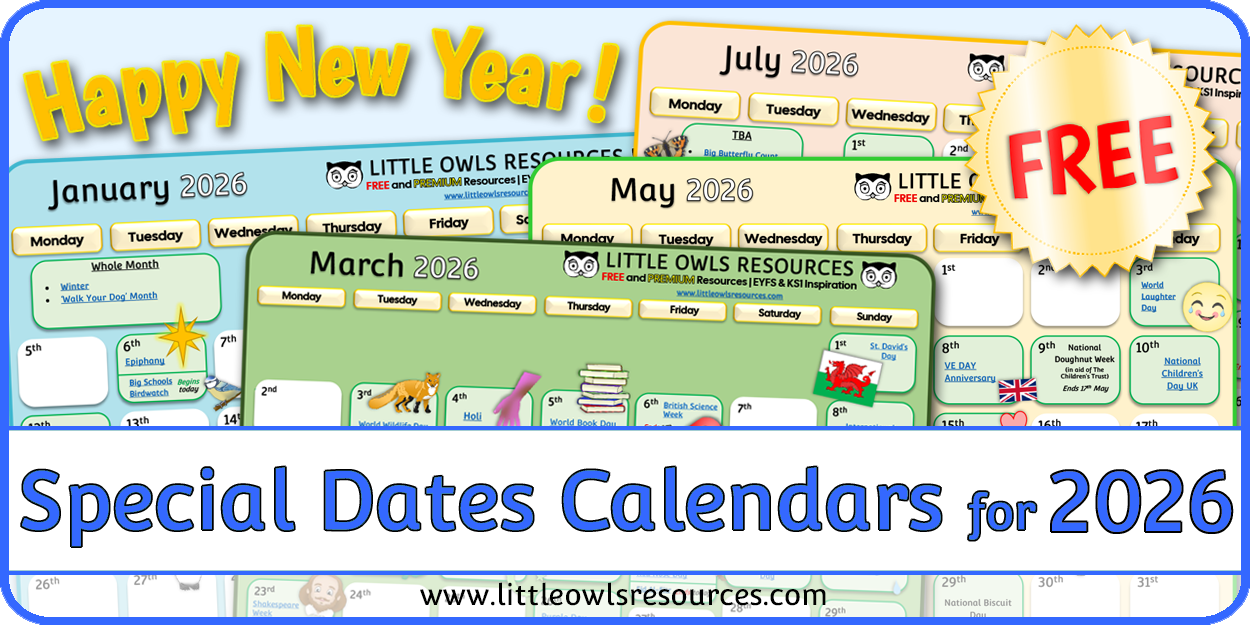
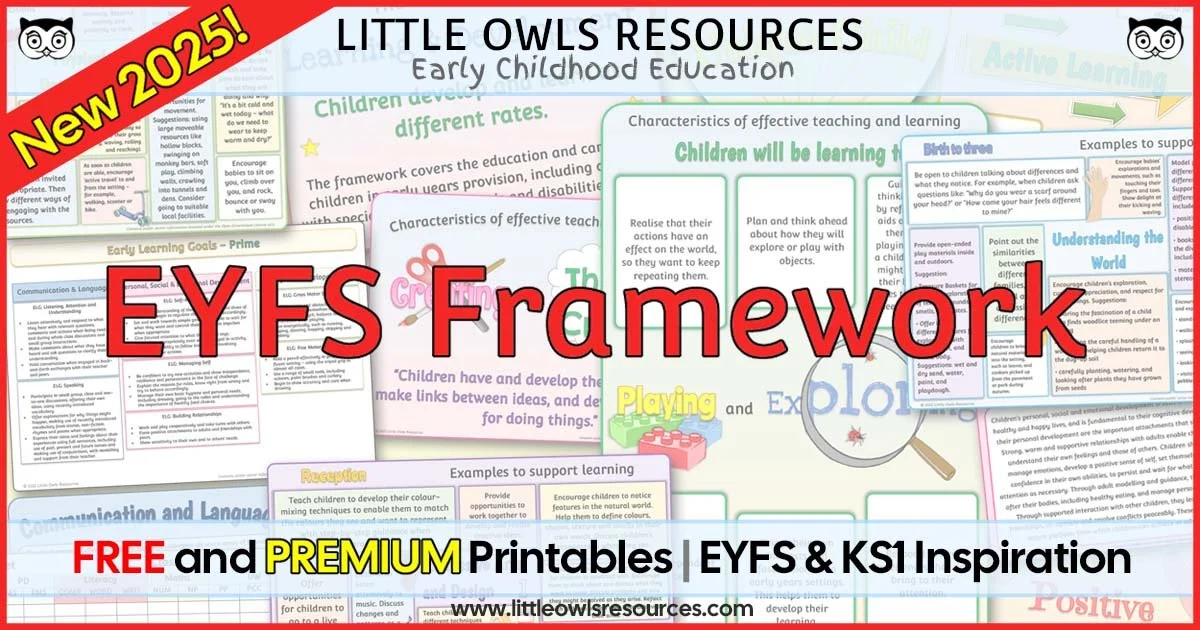

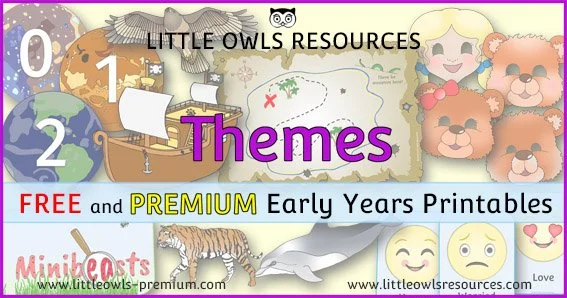

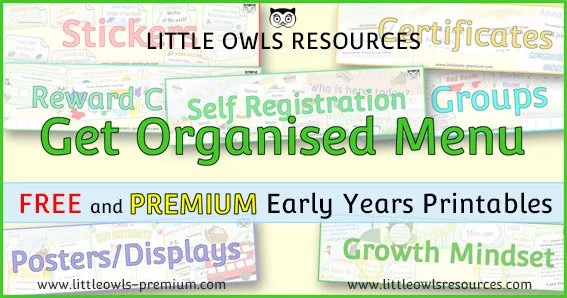

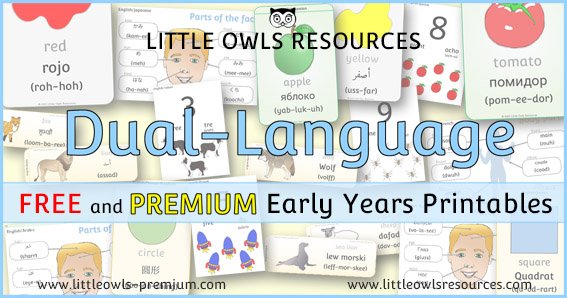
Hello there! 👋🌍 World Hello Day is an international observance held annually on November 21st. It was founded in 1973 by Brian and Michael McCormack as a direct response to the Yom…